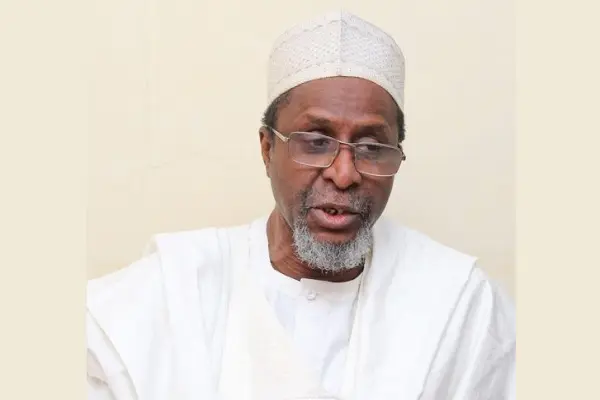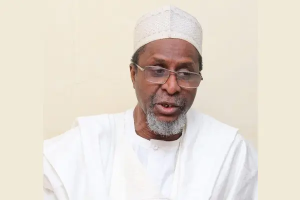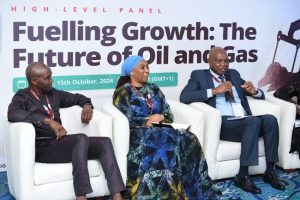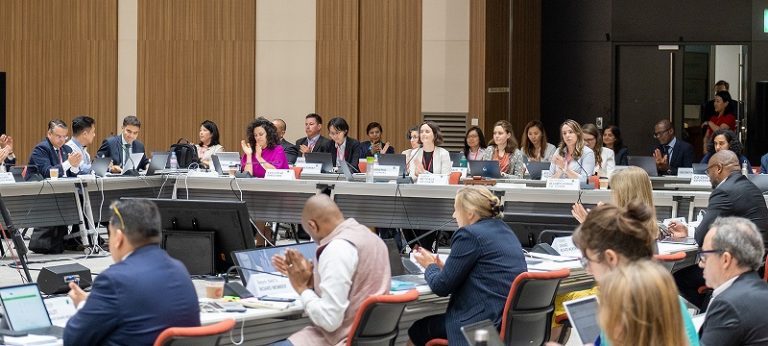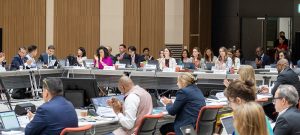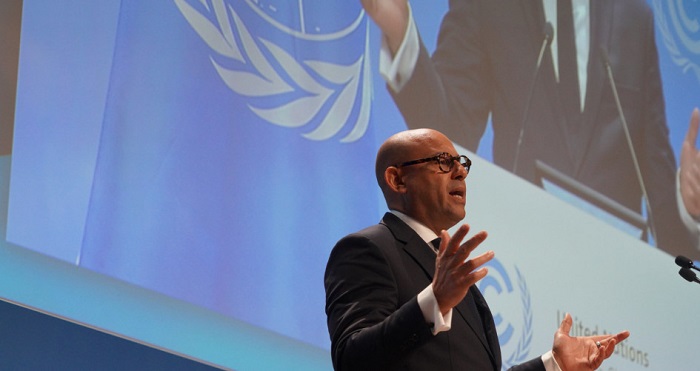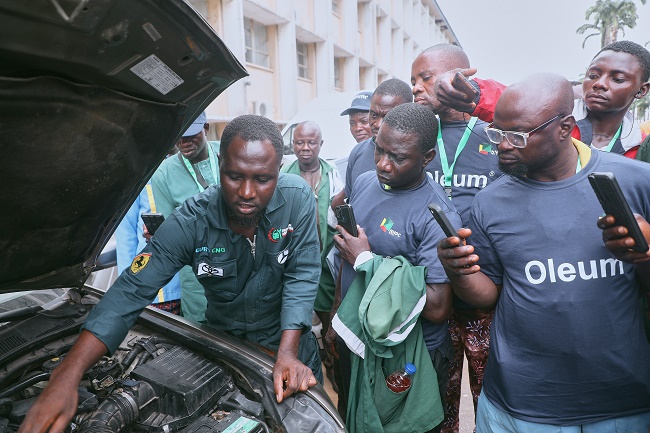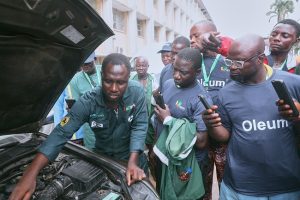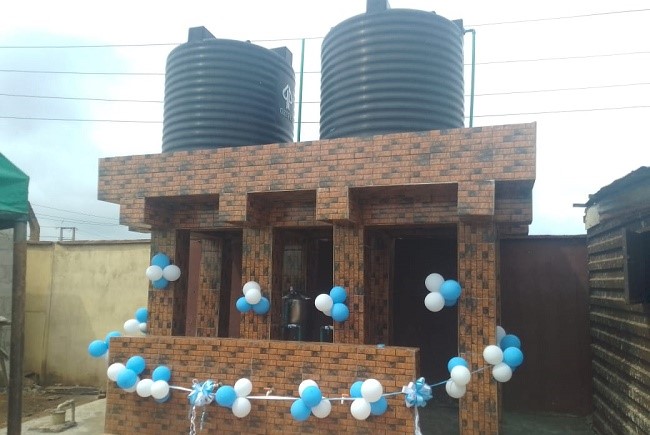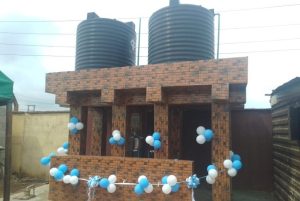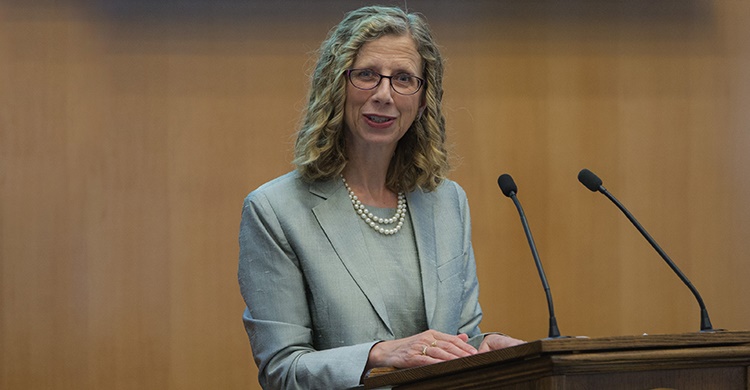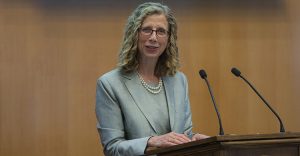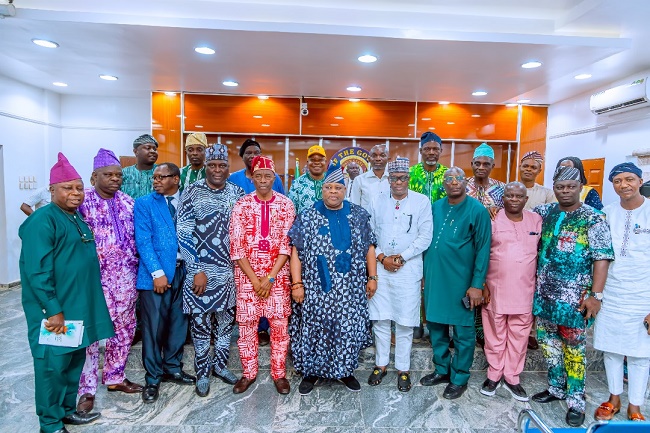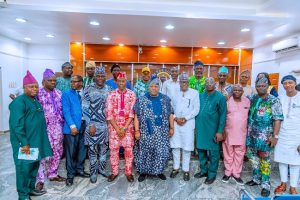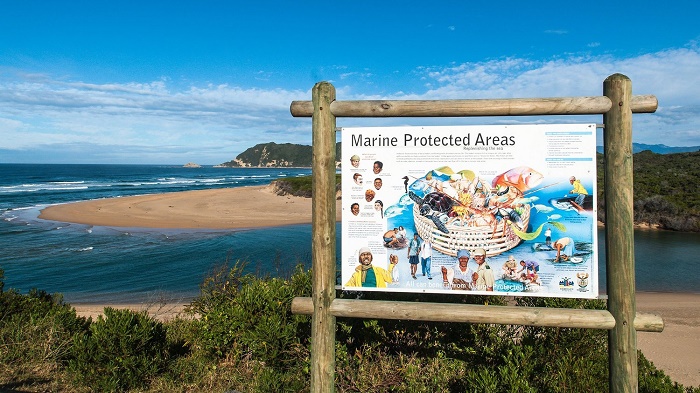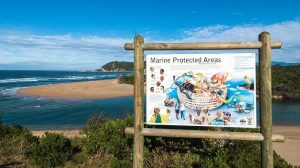The Lagos State Government and the Nigerian Conservation Foundation (NCF) have urged Nigerians to redouble their efforts at ecosystem restoration for the sustenance of the environment.
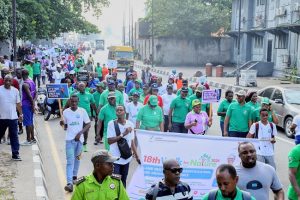
They made the call at the 2024 edition of the Walk for Nature on Saturday, October 19, in Lagos.
Speaking at the event, Mr. Tokunbo Wahab, the Commissioner for the Environment and Water Resources, enjoined everyone to ensure a sustainable future for generations unborn.
Wahab was represented at the event by the Special Adviser on Environment, Mr Olakunle Rotimi-Akodu.
He said the annual “Walk for Nature” comes up every third Saturday of October to raise awareness and advocacy for the protection and conversation of nature.
According to him, the 2024 walk, which marks the 18th edition, has the theme: “Land Restoration, Desertification and Drought Resilience.”
Wahab described the theme as a pointer to the challenges being faced globally due to natural factors, anthropogenic factors and unsustainable practices within the environment.
He said that land degradation, desertification and drought were interconnected challenges affecting the livelihood of people worldwide.
Wahab added that they were exacerbated by deforestation, overgrazing, unsustainable land use such as soil erosion and depreciation.
He said the loss of fertile land space, declining biodiversity increases vulnerability of the ecosystem with far reaching consequences on food security and human well-being.
Wahab said the challenges of human activities have become evident with the escalating impact of depreciation of natural resources resulting in land and habitat loss affecting biodiversity and increasing the effect of climate change.
He noted that Lagos was affected by the effect of climate change such as coastal erosion and land degradation.
He stressed that climate resilient actions were being encouraged by the government in line with the THEMES PLUS agenda of Mr. Governor.
He said the government had been intentional in encouraging tree planting, building of more parks and gardens to protect the environment.
collaboration with NGOs on environmental sustainability and the launching of the Lagos Climate Adaptation and Resilience Plan (LCARP).
“As a frontline state, we must continually strive for improvement, lots of biological and physical solutions will better protect our dear state, the biological solution being low hanging fruits that can be quickly implemented.
“We must as a matter of urgency protect our mangroves which are nature’s gift against coastal erosion and protect our wetlands from encroachment.
“Mangrove afforestation is germane to the state government and collaborative efforts are ongoing to ensure restoration,” Wahab said.
He explained that as the demand for a more sustainable environment quality, public services increase, it is important to stress that the partnership with the private sector equally plays a crucial role in ensuring a more sustainable Lagos.
Wahab commended the Nigerian Conservation Foundation for partnering with the government in ensuring protection of the environment.
He thanked the NCF for its efforts in conserving 78 hectares of land in the Lekki area of the state to serve as a huge buffer in protecting the state and biodiversity against the effects of climate change.
Earlier in his welcome Address, the Permanent Secretary, Office of Environmental Services, Dr Gaji Omobolaji, said the UN Decade of Ecosystem Restoration involves everyone.
Represented by Mr. Mahmood Adegbite, the Permanent Secretary, Drainage and Water Resources, Gaji urged Nigerians to strive to restore the degraded ecosystem and increase the advocacy on ecosystem restoration.
“No one should be left behind in driving ecosystem restoration projects through financial commitments for the benefit of nature and the prosperity of Lagos residents.
“The Walk for Nature is a symbol of the Ministry’s commitment to SDG 17 in partnership with the NCF,” he said.
In her remarks, the Chairman, National Executive Council, NCF, Justice Bukola Adebiyi, said the foundation would continue to promote sustainable land management.
Adebiyo added that the foundation had championed Water Conservation Techniques, Community-Based Natural Resource Management and the implementation of the Great Green Wall Initiative to protect the environment.
She added that these were practical solutions to the problem of desertification in Nigeria.
People from all walks of life joined in the walk for nature conservation and ecosystem restoration.
There was also a commemorative tree planting exercise by both partners to drive home the theme of the event.
By Fabian Ekeruche


